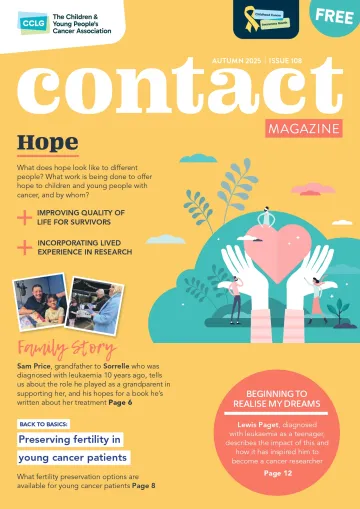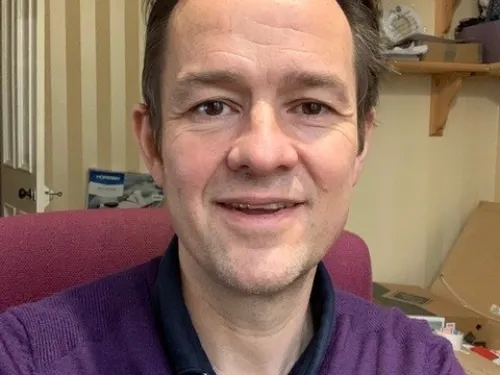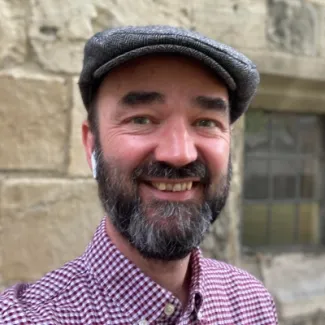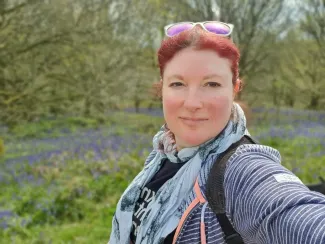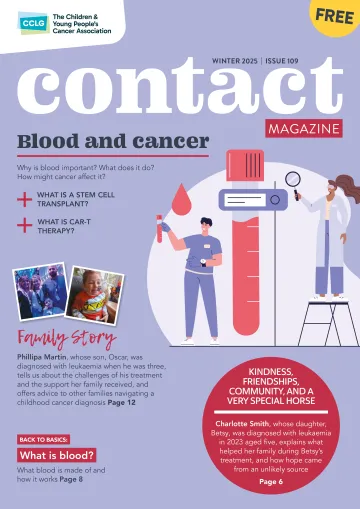I was diagnosed with cancer after my mum noticed a white glow in my left eye. She initially took me to several opticians, who didn’t see a problem. She was then referred to a specialist eye and vision doctor, which is where the condition was noticed. By the time it was detected, the tumour had grown very large, so the best option was to remove my left eye, and have an artificial eye made for me to wear in place of it.
My experience growing up with retinoblastoma was generally positive. I was very aware that I only had one eye, and I knew this meant I was different to many other children. Despite this, my parents did a great job of letting me know I was still ‘normal’ and could excel just the same as if I had both. Being the youngest of three children also helped as my older siblings were very protective and looked out for me.
At an early age, the biggest challenges came from other children asking if I had a lazy eye and the rare instances where another child had made fun of me. This certainly didn’t paint a picture of how I was treated overall by other children, and I formed many friendships.
Retinoblastoma had little to no effect on my ability to succeed in education. I remember the teachers having to get books for me to read from the older years when I was in reception, and I also loved maths. During primary school, my main hobby was playing the trumpet in which I achieved a grade 5 by the time I was 11 years old. Overall, I took pride in my education and achieved great results in my GCSEs and A Levels. After college I went to university to study Mechanical Engineering and graduated with a 2:1.
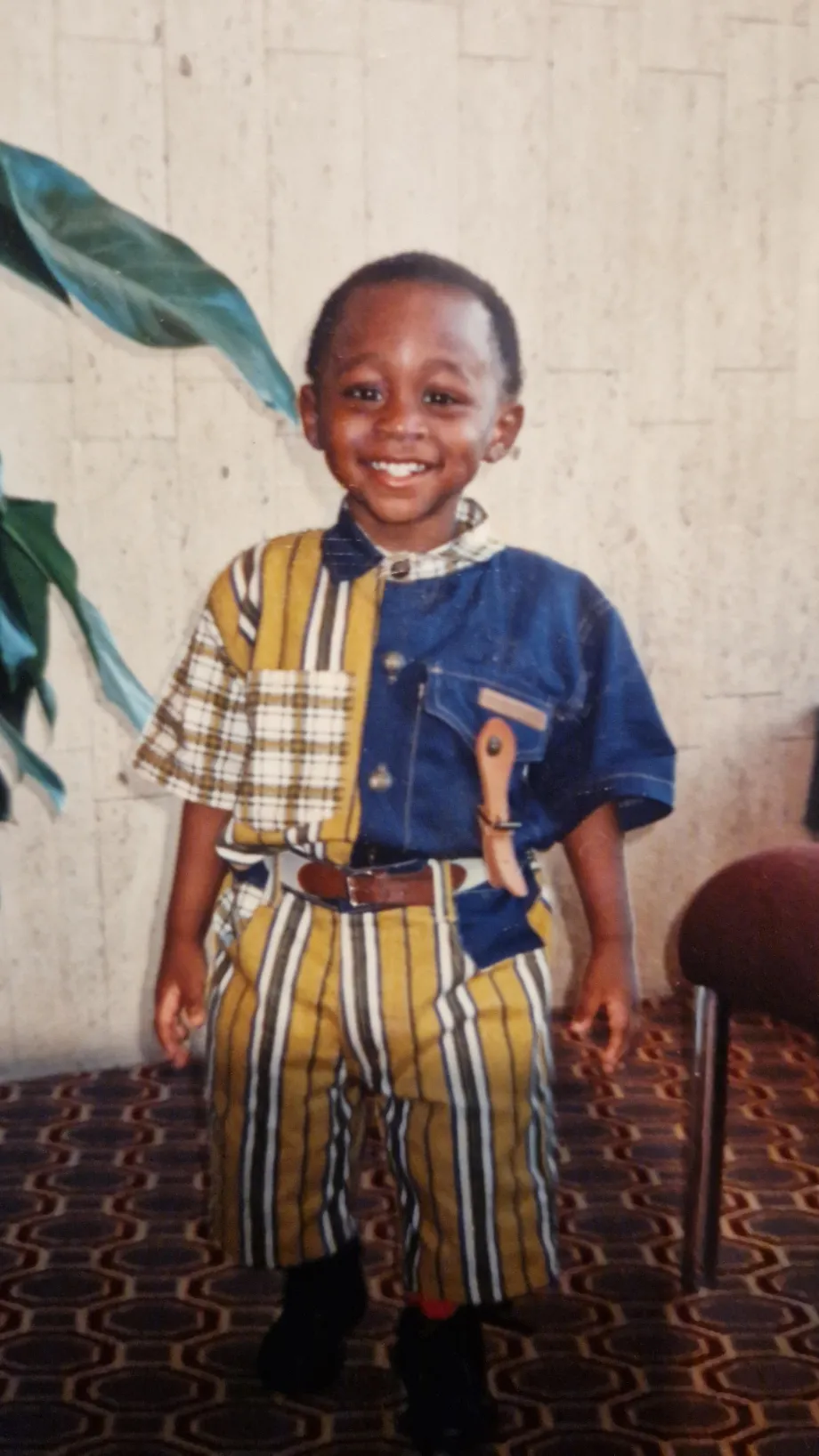
Michael as a young boy
My advice to young people navigating life after retinoblastoma, or any cancer, would be to try not to let it hold you back.
I developed a passion for sports from an early age and over the years, I enjoyed playing football, rugby and basketball. After university, I embarked on a challenging American football journey, during which I dislocated my left ankle, resulting in me having to undergo several surgeries. Despite this, I was determined to push myself through a difficult recovery period and ended up competing and performing well at some showcases in America. Playing sports with one eye was somewhat challenging, but I was very talented.
The challenges were mostly based on having no peripheral vision on my left side. To help combat this, I had to train extra hard to improve my balance, stability and reaction times.
Today, I’m proud of the man I’ve become. Life has thrown me various challenges, and I take great pride in having been able to overcome them. I’m very secure in myself, formed many great relationships, and many people often forget that I have one eye! I’m currently a personal trainer and sports performance coach which has allowed me to combine my love for sports, health and fitness, my experiences with overcoming obstacles, and my passion for helping others.
My advice to young people navigating life after retinoblastoma, or any cancer, would be to try not to let it hold you back. Despite the difficulties you face, you must try to stay strong and allow them to motivate you. Overcoming adversity in life in any situation is very rewarding, but doing so with a ‘limitation’ will give you that extra self-confidence and belief that’s needed to navigate through life. Turn your limitation into your superpower and keep going!
From Contact magazine issue 108 | Autumn 2025

